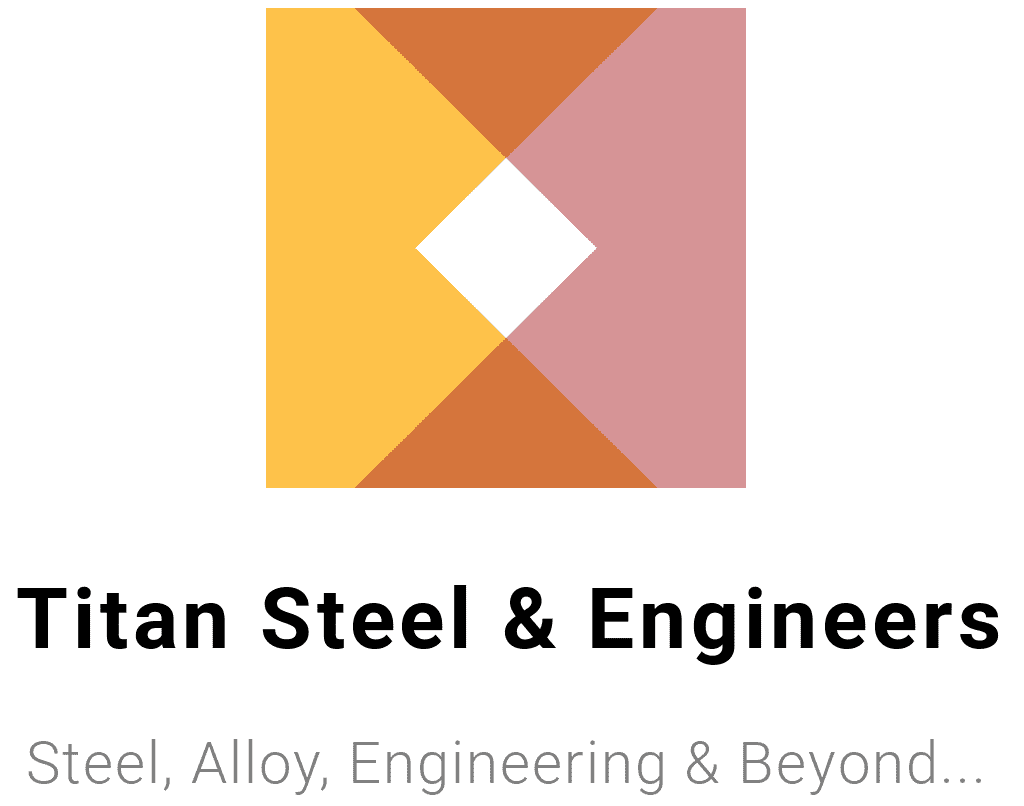Introduction
- Open with a compelling statement about how bright steel plays a critical role in industries such as automotive, construction, and manufacturing, demanding precision and quality.
- Define bright steel as a high-quality, precision-engineered steel widely appreciated for its dimensional accuracy, smooth surface finish, and reliability in high-tolerance applications.
- Briefly introduce what the blog will cover, including insights on customization, quality control, cost-effectiveness, and its growing importance in sustainable manufacturing.
Body Sections
What Makes Bright Steel Unique?
- Explain the composition and unique characteristics of bright steel, such as its smooth surface finish, precision tolerances, and enhanced durability.
- Highlight why bright steel is preferred over other types of steel for applications requiring accuracy and consistency.
The Role of Customization in Bright Steel
- Discuss how bright steel can be tailored to specific project needs, such as varying sizes, dimensions, and geometries.
- Outline how custom sizes like round bars, flat bars, and hexagonal bars meet diverse industrial requirements.
- Provide examples of scenarios where customization ensures a perfect fit, such as precision manufacturing or machine components.
Commitment to Quality Control
- Detail the stringent quality control measures in bright steel manufacturing, such as cold drawing, testing for tensile strength, and surface polishing.
- Explain how these measures ensure consistent performance, even for high-tolerance applications.
- Include examples of industries that rely on this consistency, like the automotive and aerospace sectors.
Cost-Effectiveness of Bright Steel
- Explore how precise manufacturing reduces material waste and machining costs by minimizing the need for post-processing.
- Highlight scenarios where bright steel’s dimensional accuracy directly impacts cost savings, such as in high-volume production lines.
- Discuss how its durability and reliability reduce long-term replacement or repair costs.
Bright Steel’s Environmental Impact
- Address the sustainable aspects of bright steel, such as reduced waste during manufacturing and longevity in applications.
- Explore how modern manufacturing techniques focus on reducing environmental footprints, including the use of recycled materials.
- Highlight bright steel’s role in advancing green construction and eco-friendly solutions in industries like renewable energy.
Practical Applications of Bright Steel
- Provide an overview of industries benefiting from bright steel, such as:
-
- Automotive: Commonly used in shafts, axles, and precision chassis components.
- Construction: Ideal for reinforcement bars, frameworks, and intricate architectural designs.
- Manufacturing: Applied in high-precision tools, fasteners, and industrial machinery parts.
- Use real-world examples to illustrate these applications.
Bright Steel Innovations and Future Trends
- Briefly discuss emerging advancements like sustainable manufacturing practices and enhanced surface treatments.
- Address how integrating bright steel with smart manufacturing processes could shape the future of industries.
- Call attention to why organizations should keep an eye on bright steel innovation for long-term success.
Conclusion
- Summarize the main points:
-
- Bright steel stands out for its precision, quality, and adaptability across industries.
- Customization, quality control, and cost-effectiveness contribute to its widespread adoption in high-demand applications.
- With a growing emphasis on sustainability, bright steel is positioned to play an integral role in greener industrial practices.
- Encourage readers to explore bright steel solutions tailored to their needs, along with a call to action like, “Contact us today to learn more about how bright steel can meet your project requirements!”

